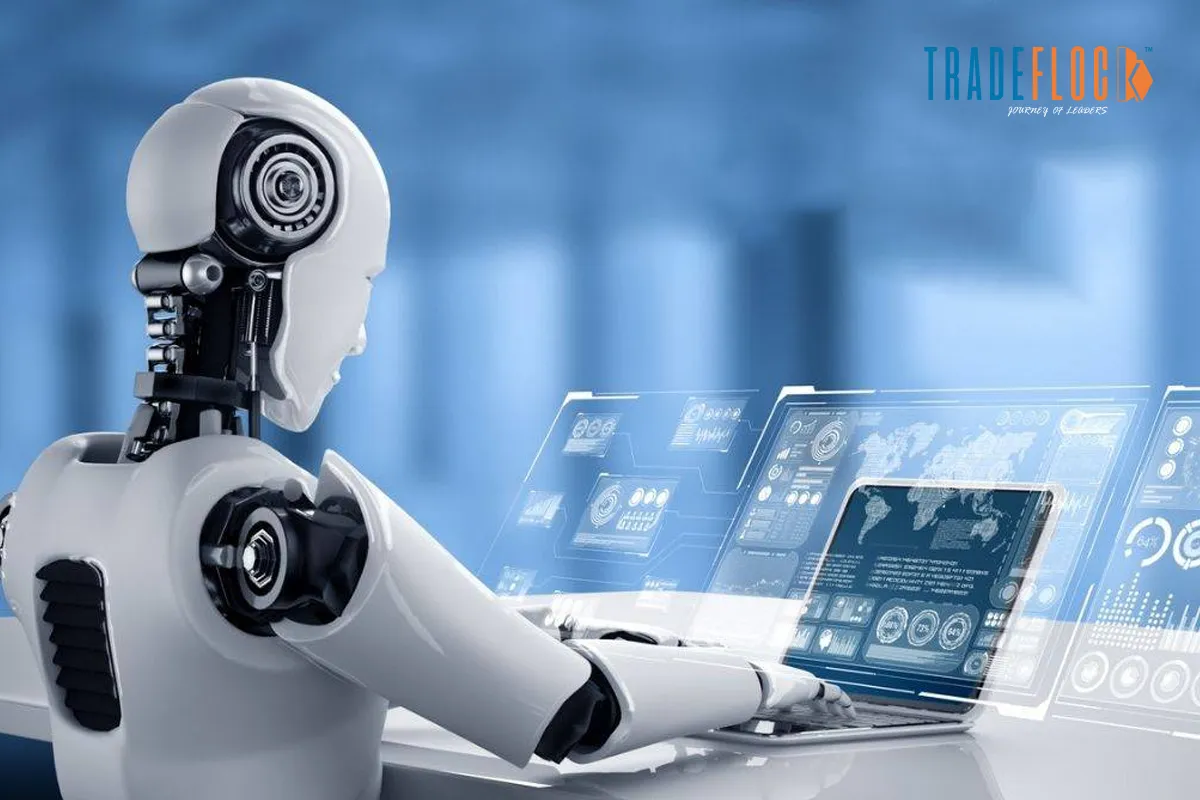Artificial Intelligence is no longer just a dream. Algorithms are replacing human experts in boardroom meetings, hospital rounds, and more. The transformative power of AI is everywhere. In 2023, a McKinsey report claimed that generative AI alone has the potential to contribute between 2.6 trillion and 4.4 trillion to the global economy annually. However, beneath these impressive statistics, there is a crucial fact: algorithms can process vast amounts of data, but it is human judgment that will keep the technology in check on behalf of society and ensure it is used responsibly.
Table of Contents
The Scale of AI’s Economic Promise and Its Boundaries
AI has the potential to transform entire industries. According to McKinsey estimates, sectors such as banking, retail, and healthcare could see productivity increases in double digits. However, technology alone cannot achieve these gains. Such improvements will remain out of reach unless people redesign workflows, establish governance, and interpret AI outputs within real-world contexts. To summarise, AI can streamline processes, but only humans can steer it towards meaningful outcomes.
Adoption is Accelerating, but Governance Trails Behind
The AI rush is in full swing. According to a 2025 IBM study, 51 per cent of CEOs already are incorporating generative AI into their daily routines. However, only 3 per cent of companies believe they are mature AI adopters. That disjuncture indicates a significant issue: as businesses adopt the new tools, few have established the governance frameworks, control systems, and human-in-the-loop solutions needed to deploy AI responsibly. Such a deficiency exposes companies to risks of ethical lapses and regulatory repercussions.
Human Judgment as the Guardrail Against Bias
One of the biggest challenges of AI is bias. Algorithms can actually contribute to the same inequalities when they are not properly regulated. A survey commissioned by PwC in 2024 revealed that 76% of executives placed responsible AI at the top of their priorities, focusing on transparency and human oversight. This suggests a growing awareness that ethical decisions cannot be delegated solely to machines. People still need to decide what is fair, inclusive, and accountable. While AI can process data rapidly, it can never grasp moral subtleties. It is ultimately up to humans to recognise when a prediction is not only accurate but also just.
Workforces Will Be Enhanced and not Replaced
The idea that AI will eliminate millions of jobs is widely discussed, but the study argues it is more complex. The 2023 Future of Jobs Report by the World Economic Forum stated that AI will be involved in almost half of all work activities. Still, only a small portion of jobs will be entirely eradicated. Instead, most roles will evolve rather than disappear completely. It will be us performing the creative, empathetic, and judgement-heavy tasks, while machines handle the repetitive and routine work. Artificial intelligence is the technology that increases our efficiency, not our unemployment.
Healthcare: The Ultimate Test of Synergy
Healthcare is an area where AI has significant potential and presents both constraints and opportunities. A 2024 survey of AI diagnostic systems shows they can perform as well as, or even better than, non-expert clinicians on certain imaging tasks. However, AI still lags behind experts when situations become complex, and balancing various factors will be necessary. Experts also worry that over-reliance on AI by physicians might gradually diminish their skills, potentially impairing their ability to handle novel or unusual cases. The compassion, reassurance, and moral judgment that only a human can provide are also valued by patients. This demonstrates that AI can assist but cannot replace the human element in high-stakes environments.
The Creative and Intuitive Edge
Although AI is quite effective at recognising patterns and rearranging old ideas, it is not yet capable of genuine creativity. Those instincts that connect seemingly unrelated things? That’s still a human trait. Companies that harness AI for scaling while allowing humans to brainstorm disruptive ideas often create real game-changers. Good leadership and progress rely on creativity, intuition, and the ability to navigate the unknown.
Designing Systems That Preserve Human Oversight
Firms must establish mechanisms to keep humans in control to maintain trust and prevent AI from deviating. Best practices include human-in-the-loop models, leadership oversight by senior leaders and boards, and explainability to make models understandable and open to questioning. Upskilling programs are essential to educate employees on responsibly using AI. It’s also vital to assess AI’s impact on fairness, sustainability, and community well-being, ensuring AI remains beneficial rather than a blind-faith crutch.
Harnessing AI with Human Values
Trust, accountability, and human connection differentiate strong leadership from algorithms. Technology helps spot problems and predict, but humans must answer, apologise, and act rightly, anchoring institutions with emotion, trust, and accountability, essential for confidence and social cohesion. AI prompts us to rethink work, leadership, and innovation, emphasising collaboration over competition. Effective AI use demands strong governance and human oversight, with wisdom- contextualising, empathising, and upholding values- being our most valuable asset in this partnership, making it fair, trustworthy, and powerful.






